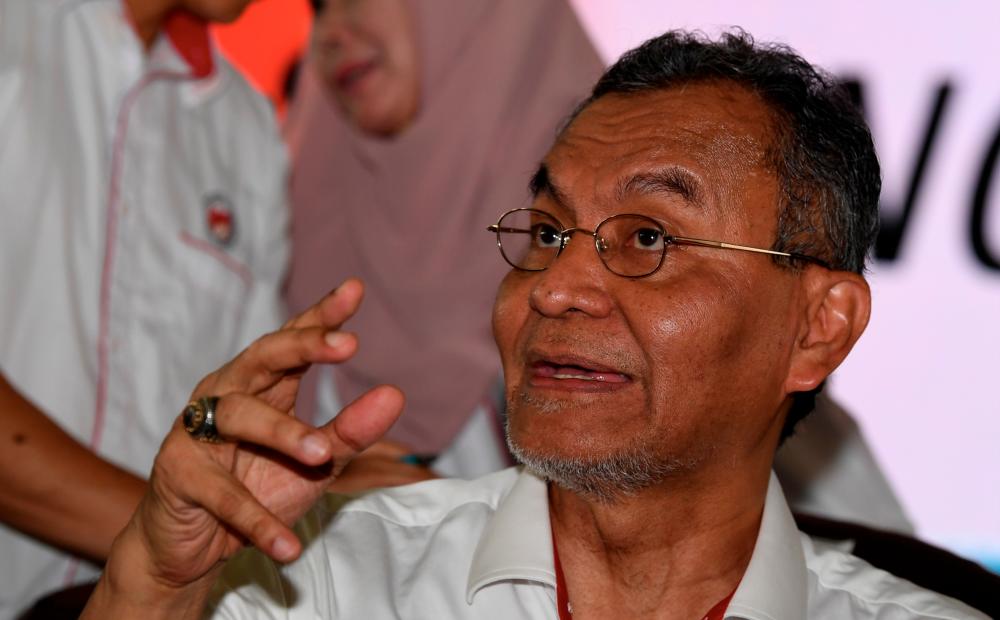BUTTERWORTH: Malaysia has a higher rate of premature deaths than other neighbouring countries because it is unable to contain the spread of non-communicable diseases (NCDs), according to Health Minister Datuk Seri Dr Dzulkefly Ahmad.
Malaysians can generally live longer if the people practise better care, especially in reining in sugar intake and hypertension levels, Dzulkefly said after opening the Kampungku health campaign for the Bagan parliamentary constituency.
“Instead, the high mortality rate from NCDs has kept the average age at 75 when other countries have managed to inspire their people to live longer,” he added.
He said the country is unable to raise its average living age, which hovers at 73 for males and 75 for women in the past decade.
“The culprits are hypertension and diabetes which induce cardiovascular problems. We even have sudden deaths due to NCDs,“ Dzulkefly added.
Also present was Finance Minister Lim Guan Eng, who is also Bagan MP.
Dzulfekly spoke of the frustration among healthcare practitioners, who are struggling to rein in the increase in NCDs, saying it portrayed a bleak outlook for the country despite numerous healthy lifestyle campaigns.
NCDs like diabetes can also lead to end stage renal kidney failure which requires dialysis, which is a huge financial burden to endure, he added.
Around 39,000 Malaysians are in the stage four and five of renal failure.
Each one of them has to spend an average of RM40,000 per year for dialysis.
To overcome the increase in NCD cases, Dzulkefly said the ministry will embark on a large scale early screening process, even studying the possibility of making healthcare screening mandatory among those in the high risk group.
To realise this aim, Dzulkefly said that the ministry has sought an allocation of RM11 million for next year’s budget to conduct early screening initiatives throughout the country, including in the rural localities.
“We have no choice but to embark on an aggressive prevention and early screening effort to arrest the rise in NCDs, particularly hypertension and diabetes.”
Later, Dzulkefly and Lim went on a gotong-royong clean-up of six villages in Bagan as part of efforts to check the rise of dengue.
Dengue continues to be a scourge in the country, where cumulatively, there were 93,344 cases from January until Sept 7 this year compared to 51,337 cases over the same period last year.
A total of 137 dengue-induced deaths were recorded over the same period this year compared to 81 last year, a rise of 69.1%.
Dzulkefly said it was a global trend as many other countries were also recording a rise in dengue afflictions.













